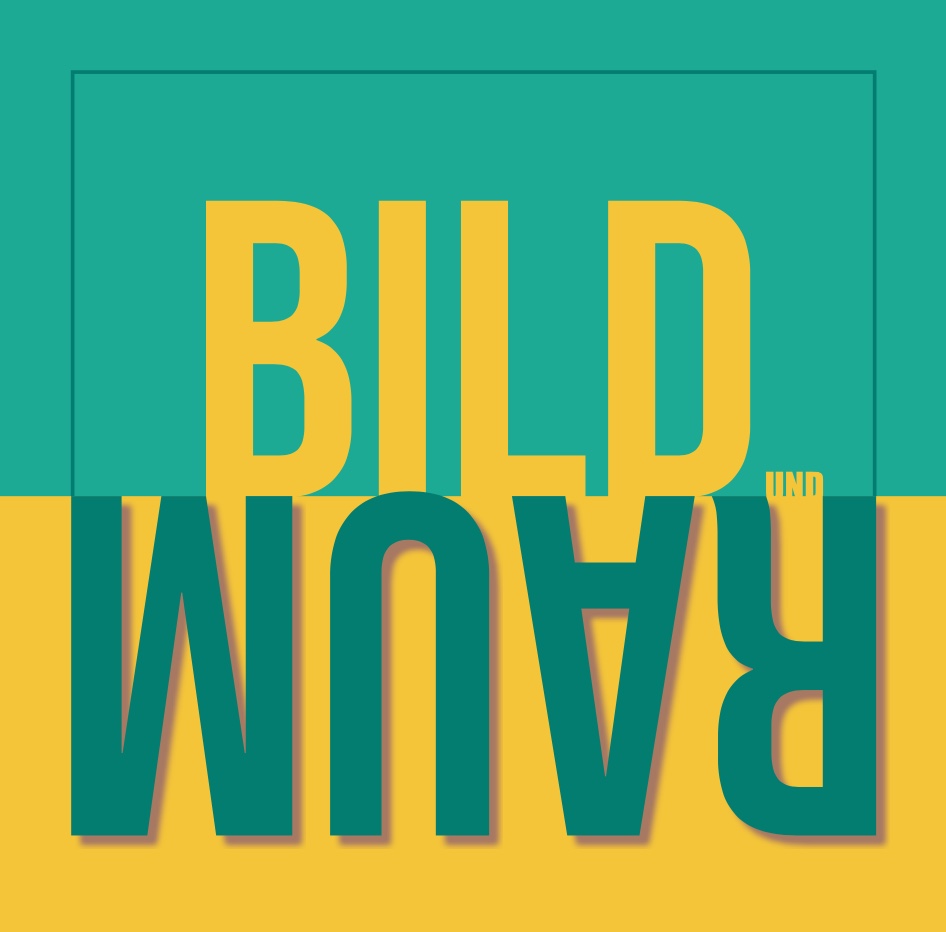
During their lives, many women distinguished themselves as collectors and art patrons. Early examples like Isabella D’Este and Eleanor of Naples influence the collecting practices as well as artistic production of their times, promoted the arts as they did the sciences, and were reputed for their humanistic learning. Since that time significant female collectors have appeared over the centuries in all European countries. Up to today, many collections by women like Helene Kröller-Müller have contributed considerably to the cultural landscape, yet knowledge about the collectors’ significance is often lacking.
This session proposes to map the significance of female collectors in European art museums from a diachronic perspective. On the one hand, the material manifestations of female (art-)collectors in museum spaces will be considered:
– What roles did – and do – female collectors occupy in these spaces (also in relation to male collectors) and if so, how are they represented (dedications, portraits, busts, etc.)?
– When were the collections of female collectors made over to museums? What stipulations were made with regard to exhibiting the collections? How did people comment on the works they donated?
– Do patterns emerge in regard to the behavior or extent of collecting or to the collections’ objects or journeys?
On the other hand, immaterial spaces, social spaces, networks and contexts that facilitated art collecting by women will be overarchingly examined:
– What were the social, legal and social preconditions for women to be collectors?
– What kinds of mechanisms of exclusion prevented women from collecting?
– How did collecting activity take place when women acted as part of a couple? How did it take place when they acted alone?
In this way, this session aims to describe women’s collecting practices and to draw attention to the vital function they had for museums.
Session Chairs: Marina Beck, Erlangen-Nuremberg / Anna Frasca-Rath, Erlangen-Nuremberg
An application is only possible through the online application portal of the congress website (www.kunstgeschichte-kongress.de). Abstracts should not exceed 2,500 characters (incl. spaces). We will also request a short biography in tabular form. In addition, you can enter up to five research focuses and five publication titles. The deadline for submitting proposals is 2 June 2023 (18:00 CET).
The selection of proposals for each session (comprising four papers each at thirty minutes) will be conducted by the session chairs together with the association board and the local committee. It is expected that selected speakers – provided that their training is in art history and they are resident in Germany – should be members of the German Association for Art History at the latest by the beginning of the congress year.
The gatherings and network meetings featured in the supporting program (forums for professional groups and experts, working groups, workshops) are not part of this year’s call for papers and will be organized separately. The day before the congress, the Arbeitskreis Digitale Kunstgeschichte will again organize an online BarCamp.
Inquiries about submitting proposals can be made with the office of the German Association for Art History in Bonn (info@kunstgeschichte.org).
For more information, visit: kunstgeschichte-kongress.de/.
You must be logged in to post a comment.